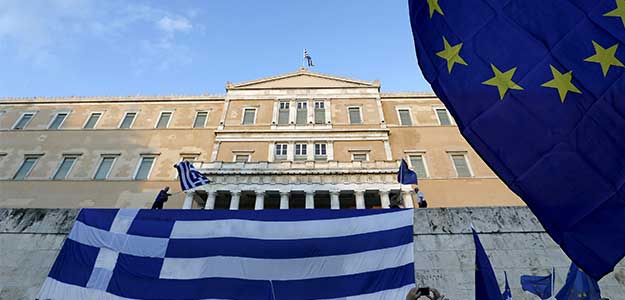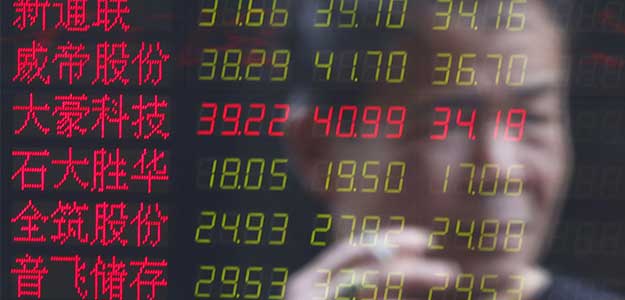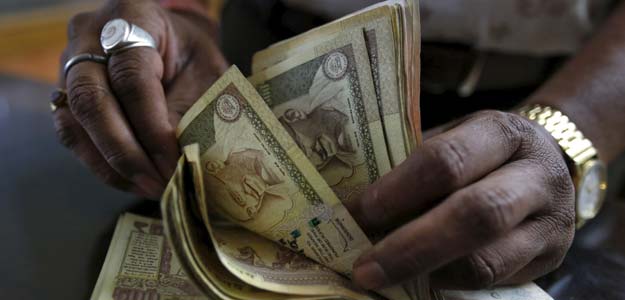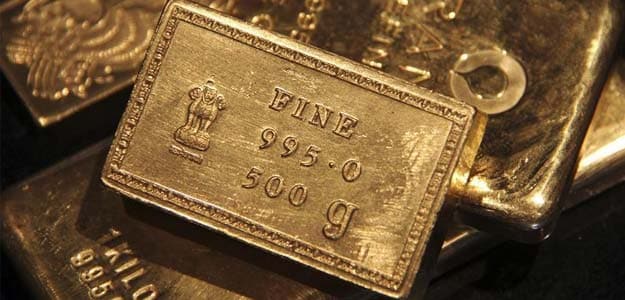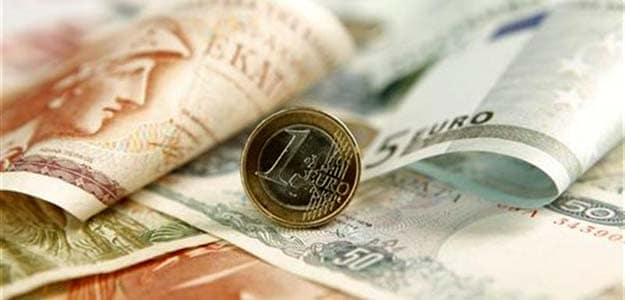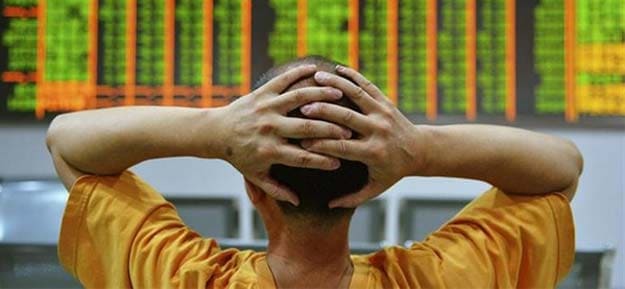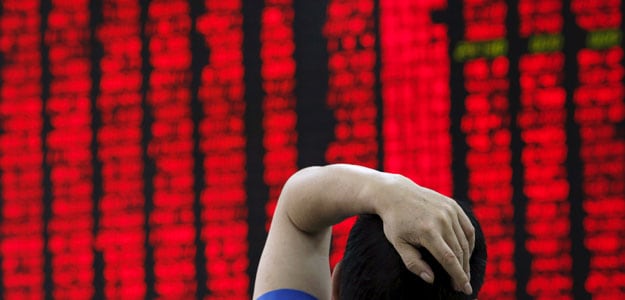For a world so confident that central banks can solve almost all
economic ills, the dramas unfolding in Greece and China are sobering.
"Whatever it takes," Mario Draghi's 2012 assertion about what the ECB
would do to save the euro, best captures the all-powerful, self-aware
central bank activism that's cosseted world markets since the banking
and credit collapse hit eight years ago.
From the United States to Europe and Asia, financial markets have been
cowed, then calmed and are now coddled by the limitless power of central
banks to print new money to ward off systemic shocks and deflation.
But even if you believe central banks will do whatever it takes - to
save the euro, stop the recession, create jobs, boost inflation, prop up
the stock market and so on - it doesn't necessarily mean it will always
work.
Draghi himself merely pleaded for faith on that score three years ago when he added, "Believe me, it will be enough."
Critically, given the direction of events in Athens, his celebrated epigraph was preceded by "Within our mandate..."
And so the prospect of the European Central Bank potentially presiding
over, some say precipitating, the first national exit from a supposedly
unbreakable currency union will inspire a rethink of the limits of
Draghi's phrase for all central banks.
Of course, the ECB does not want to push Greece out of the euro. But
'whatever it takes' may just not be enough to preserve the integrity of
the 19-nation bloc if the ECB's mandate prevents it from endlessly
funnelling emergency funding to insolvent Greek banks.
And as long as the Greek government is at loggerheads with its
creditors, the central bank can't wave a magic wand of monetary support
without breaking its own rules.
The ECB continues to insist it will do all in its power to prevent
contagion to other euro zone markets and there's little doubt it will
make good on that. But the problems stemming from a Greek exit are not
of financial seepage but of political contagion to other euro
electorates tiring of austerity. And that sort of contagion is beyond
ECB control.
Across the planet
Switch across the planet and another test of central banking determination and effectiveness is playing out.
The once awesome ability of the People's Bank of China to micro-manage
the world's second largest economy and one of the globe's biggest stock
markets is being sorely challenged.
Having helped inflate a bubble-like doubling of Shanghai stocks with
easy money over the past year, the PBOC, along with government
regulators, is now desperately trying to control a sudden implosion
that's wiped 30 per cent and $3 trillion off equity values in just three
weeks.
The worrying bit is that after cutting interest rates and bank reserve
requirements in late June and then last weekend injecting liquidity into
a state-backed margin finance company, the PBOC barely got any market
response.
Given that 85 per cent of share trading in China is conducted by small
retail investors, the economic ripples on consumer sentiment could be
sizeable for an economy slowing to below 7 per cent for the first time
since the financial crisis.
Economists at Schroders point out, for example, that booming brokerage
business saw a near doubling of the financial sector contribution to GDP
growth to 1.3 per cent in the first quarter.
But the loss of PBOC control, however temporary, asks yet another question of the omnipotence of central banks.
"If the PBOC fails to support its equity markets, it will be the first
major central bank to have failed trying to influence the targeted asset
markets," said Stephen Jen at hedge fund SLJ Macro Partners. "Investors
could wonder if central banks in general may be approaching an
inflection point with diminishing returns on their operations."
Overburdened
The point is not lost on those tasked with monitoring the world's central banks.
Economists at the Bank for International Settlements warned on June 28
that a loss of control by central banks, now painfully short of new
ammunition to deal with either a major market crash or a sudden world
downturn, was one of the most worrying threats to the world financial
system.
"Monetary policy has been overburdened for far too long," the BIS said
in its 85th annual report, arguing deep-seated economic reforms must now
be stepped up to take the pressure off over-easy monetary policy and
highly indebted governments.
"The likelihood of turbulence will increase further if current
extraordinary conditions are spun out. The more one stretches an elastic
band, the more violently it snaps back."
US and UK central banks, fearing zero rates are not only causing
investment distortions but also societal problems due to ballooning
wealth inequality, have indeed been flagging the likelihood of interest
rate rises over the coming months.
But their ability to do whatever it takes to achieve that may be more clipped than it was when they were easing.
If China or a Greece-less euro zone were to blow up into another
financial shock that hit global economic confidence, the Federal Reserve
and Bank of England could well find themselves trapped at zero, having
never reset interest rates during one of the longest financial bull
markets in history.

